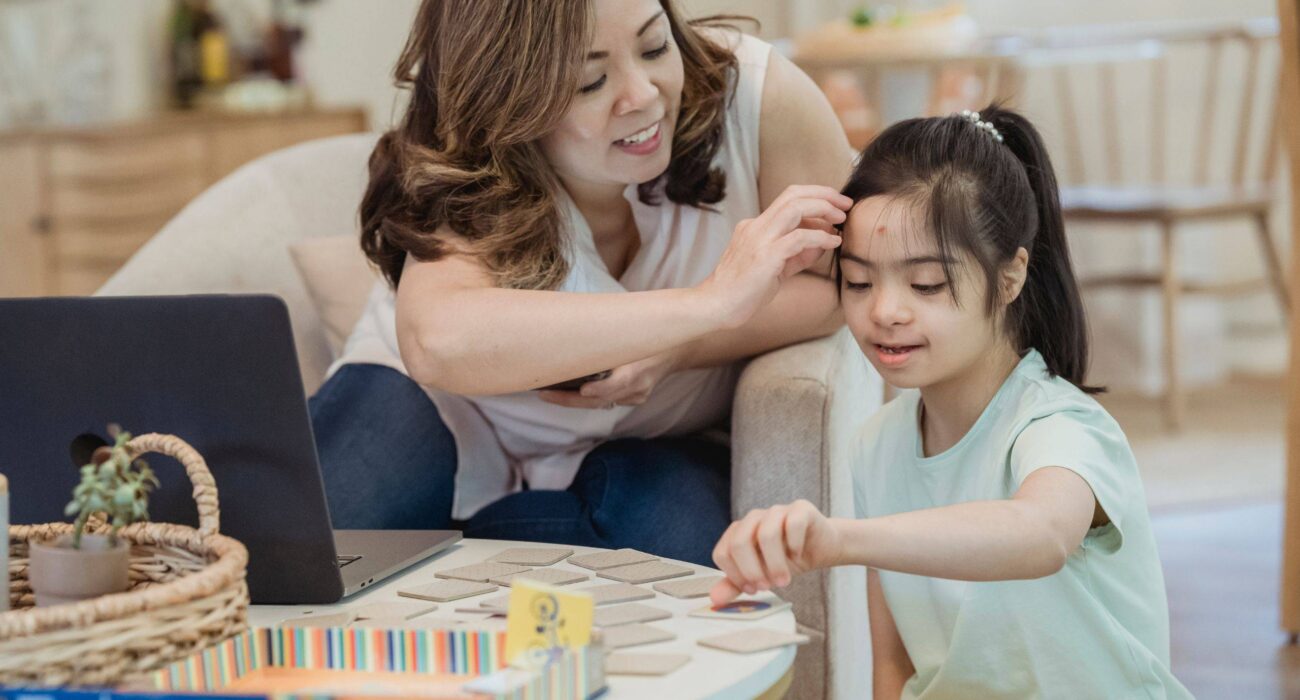Supporting individuals with autism through effective communication techniques can make a tremendous difference in their quality of life, allowing them to better connect with their environment and those around them. Every person with autism is unique, and their communication needs can vary widely. Understanding these needs and employing the right strategies can foster more meaningful and positive interactions.
Understand Communication Styles and Preferences
People with autism may communicate differently, from spoken words to gestures, facial expressions, or written language. Some might use alternative communication methods, such as assistive devices or picture exchange communication systems (PECS). Here are a few ways to cater to different styles:
- Observe and Learn: Notice how they respond to verbal and nonverbal cues. This will help you adjust your approach to match their preferred style.
- Consistency in Approach: Once a communication preference is identified, it’s essential to maintain a consistent approach, as changes can sometimes create confusion or discomfort.
- Respect Silence: Pausing between responses or questions gives autistic individuals time to process information, promoting more effective communication.
Use Simple and Clear Language
When speaking with someone on the autism spectrum, keeping the language simple and direct can minimise misunderstandings:
- Avoid Abstract Language: Phrases or idioms may be confusing, so use concrete language.
- Focus on Clarity: Avoid overly complex sentences, as shorter and more straightforward phrases make communication easier.
- Break Down Instructions: If explaining a sequence of actions, break each step down to prevent overwhelm, especially when giving instructions for daily activities or tasks.
Incorporate Visual Supports
Visual aids often enhance understanding, especially for individuals with autism who respond well to visual information:
- Use Picture Schedules or Cards: Picture schedules or cards can outline daily routines or tasks, providing a structured visual representation.
- Visual Reminders: Flashcards, diagrams, or digital visuals can reinforce spoken words and clarify instructions.
- Storyboards: Storyboards help explain social situations, preparing individuals for scenarios they may encounter in public or social settings.
Encourage Nonverbal Communication
For individuals with autism who may be nonverbal or have limited verbal skills, it’s essential to embrace and encourage alternative forms of expression:
- Gestures and Expressions: Sometimes, body language, hand signals, or facial expressions can convey messages effectively without words.
- Encourage Use of AAC (Augmentative and Alternative Communication): Tablets or dedicated AAC devices can help people communicate their needs, thoughts, and feelings.
- Respectful Eye Contact: Avoid forcing eye contact, as it may feel uncomfortable for some; instead, focus on receptive listening and respect their boundaries.
Practice Active Listening
Active listening helps build trust and shows that you value their thoughts and feelings:
- Pay Attention to Body Language. Nonverbal cues, even if not expressed verbally, can reveal discomfort, joy, or frustration.
- Reflect and Rephrase: Repeating what you understand in a gentle tone helps confirm you’re on the same page.
- Remain Patient: Allow time for responses without interrupting, as individuals with autism may require extra time to articulate their thoughts.
Establish Routines for Communication
Many individuals with autism thrive on routines. Incorporating communication routines can create a comfortable environment:
- Set Regular Times: Establish times throughout the day for open communication to encourage sharing.
- Predictable Settings: Create environments where they feel safe and comfortable, as this can enhance their openness to communication.
- Structured Conversations: Begin conversations with familiar phrases or questions, offering stability in interactions.
Encourage Positive Social Interactions
Fostering social interactions in a way that respects the individual’s boundaries and interests can improve confidence in communication:
- Small Group Settings: Intimate settings or one-on-one interactions are often more comfortable than large gatherings.
- Role-Playing Activities: Practicing social scenarios through role-play helps build confidence in various settings, like school or community events.
- Celebrate Small Wins: Recognising achievements, even minor ones, encourages continued effort and builds self-esteem.
Be Aware of Sensory Sensitivities
Many individuals with autism experience sensory sensitivities, which can impact their communication:
- Minimise Distractions: Bright lights, loud noises, or strong scents can overwhelm effective communication.
- Create Sensory-Friendly Spaces: Designate areas with calming colors, soft lighting, or white noise where they can communicate more comfortably.
- Offer Sensory Breaks: Incorporate breaks during lengthy conversations or tasks to prevent sensory overload.
Use Positive Reinforcement
Encouragement and positive reinforcement play a significant role in boosting confidence:
- Acknowledge Effort: Celebrate their efforts to communicate, as positive feedback reinforces their willingness to engage.
- Encouragement Through Praise: Verbal praise, high-fives, or rewarding them with a small token can motivate ongoing communication.
- Respect Personal Achievements: Recognising small progress can lead to greater enthusiasm and a more positive experience.
Conclusion
Effective communication with individuals on the autism spectrum is a journey that benefits greatly from patience, empathy, and adaptability. Each individual is unique, so embracing a customised approach can help unlock meaningful, productive interactions. By understanding communication preferences, using visual aids, supporting nonverbal cues, and respecting sensory needs, you can create a supportive environment that empowers autistic individuals to express themselves confidently.
Assist Lifestyle offers experienced support customised to each individual’s communication needs. If you’re looking for specialised NDIS autism support services, our dedicated team is here to provide compassionate guidance every step of the way. For more information, contact us at 07 5612 7045.

